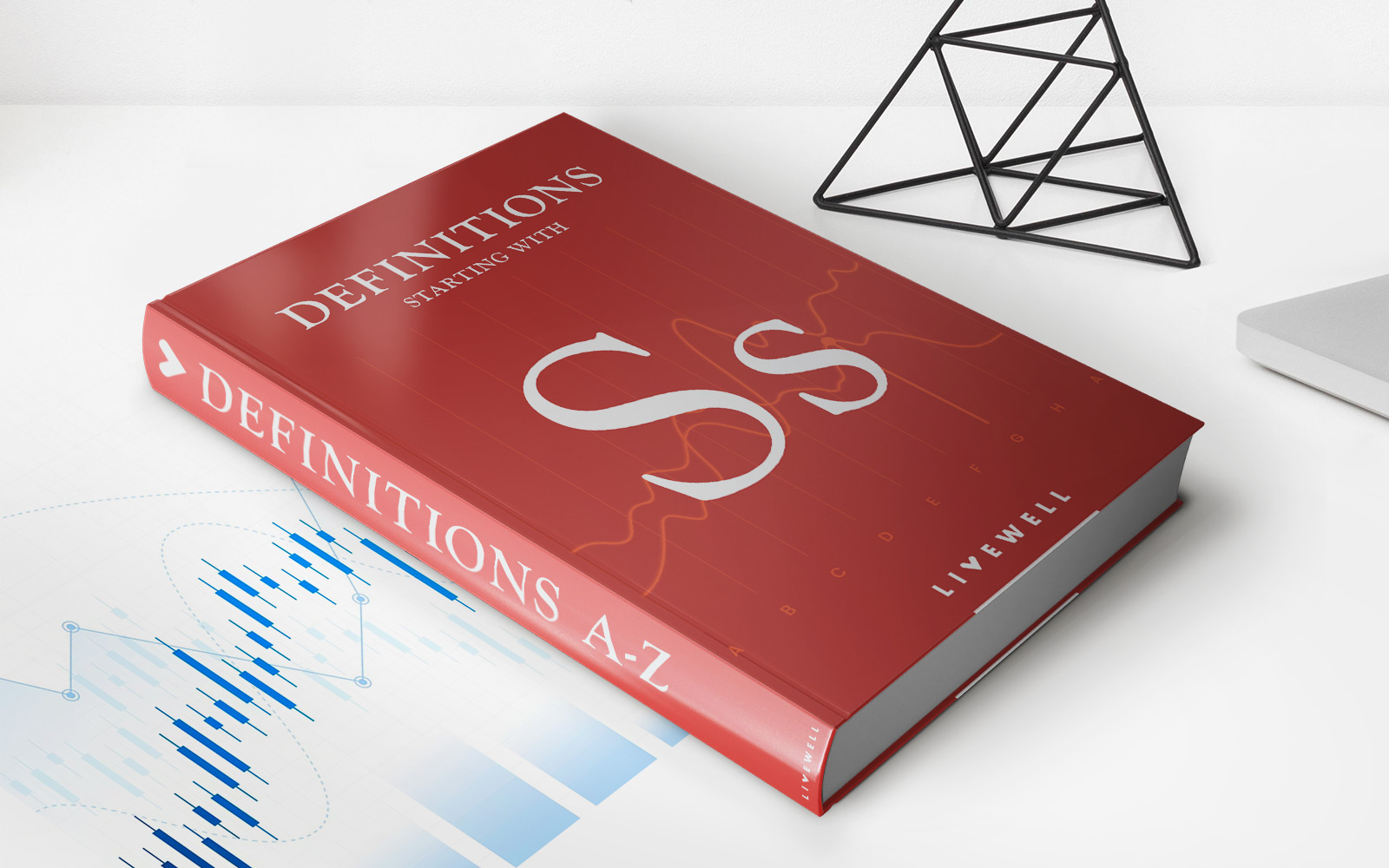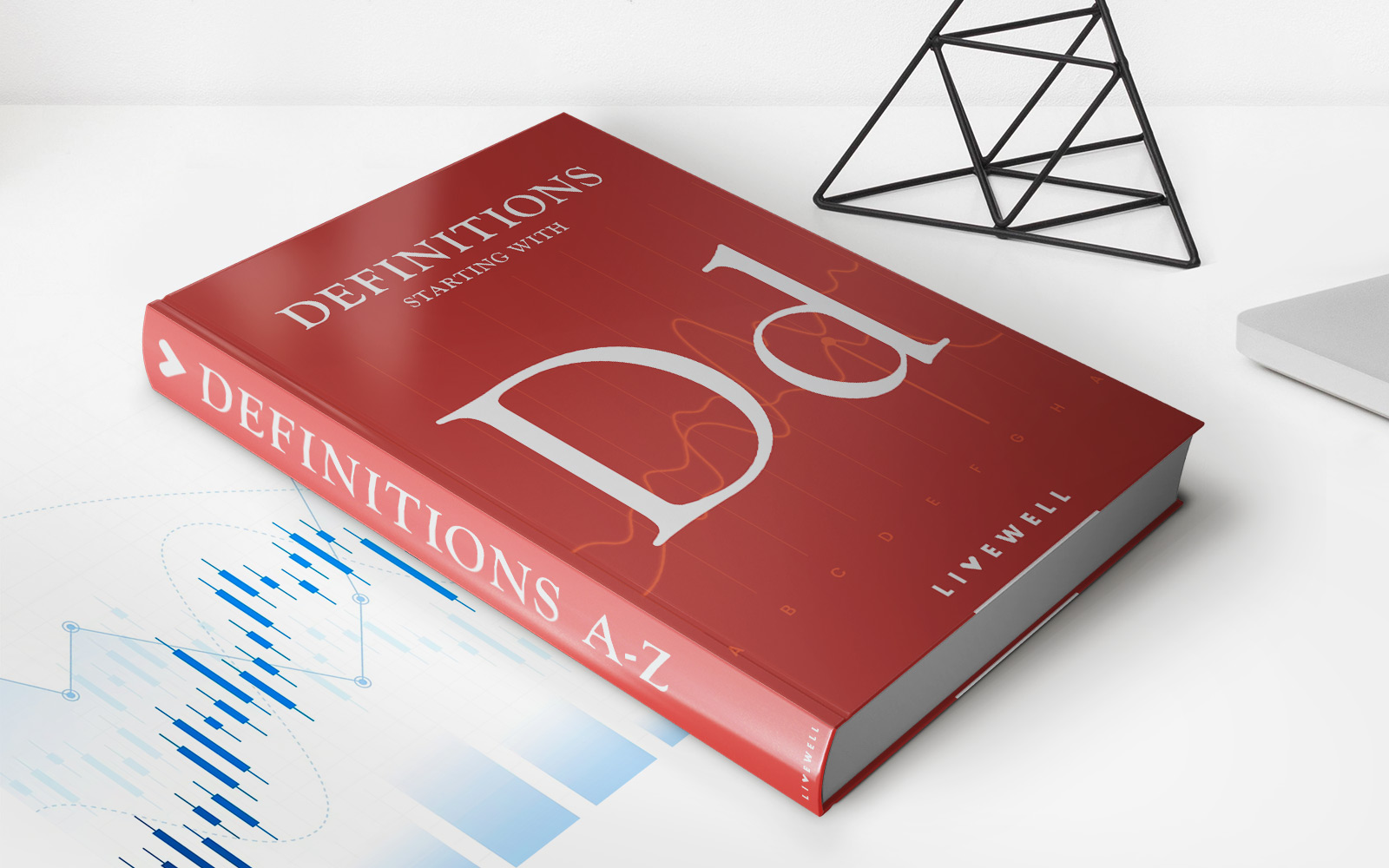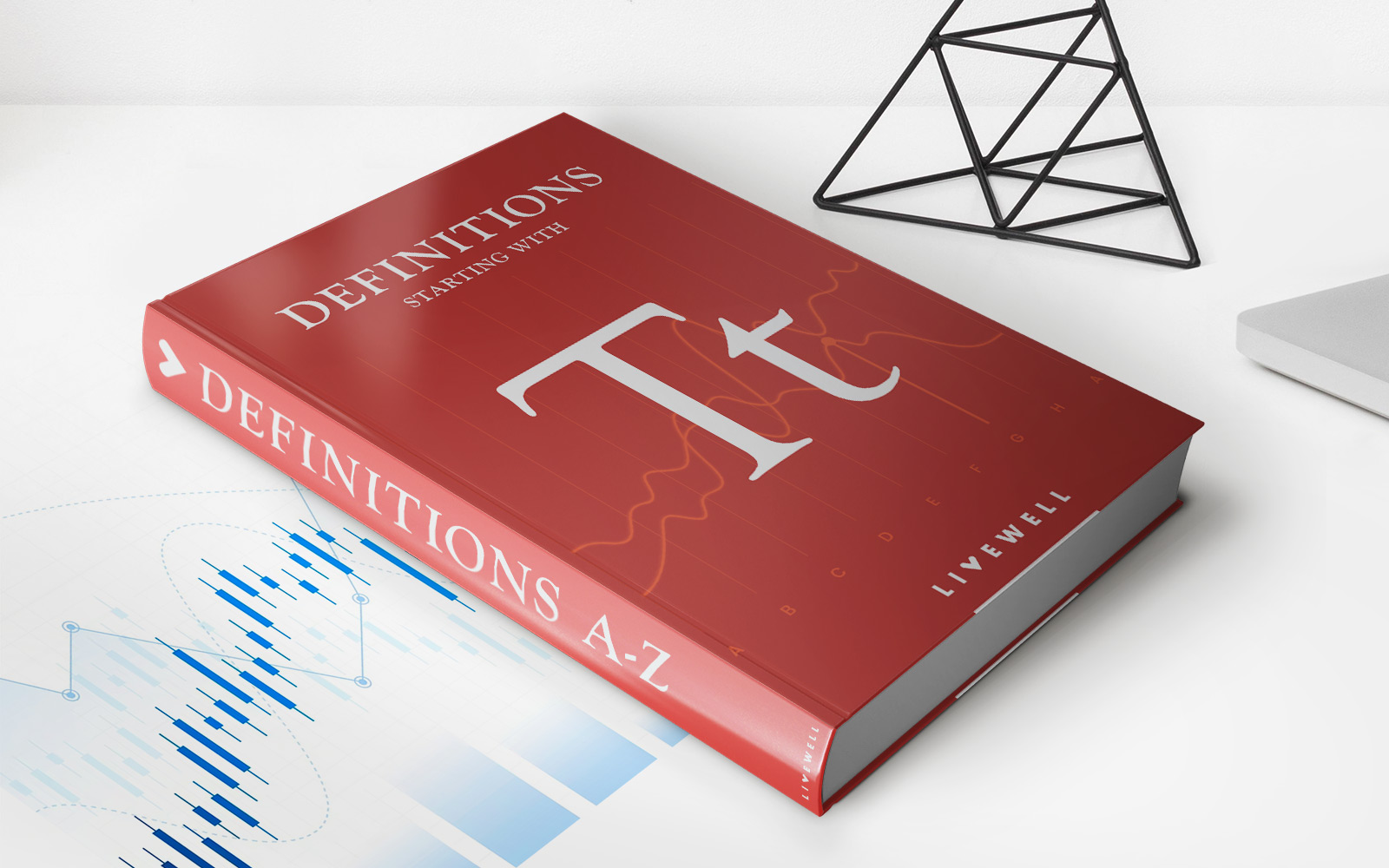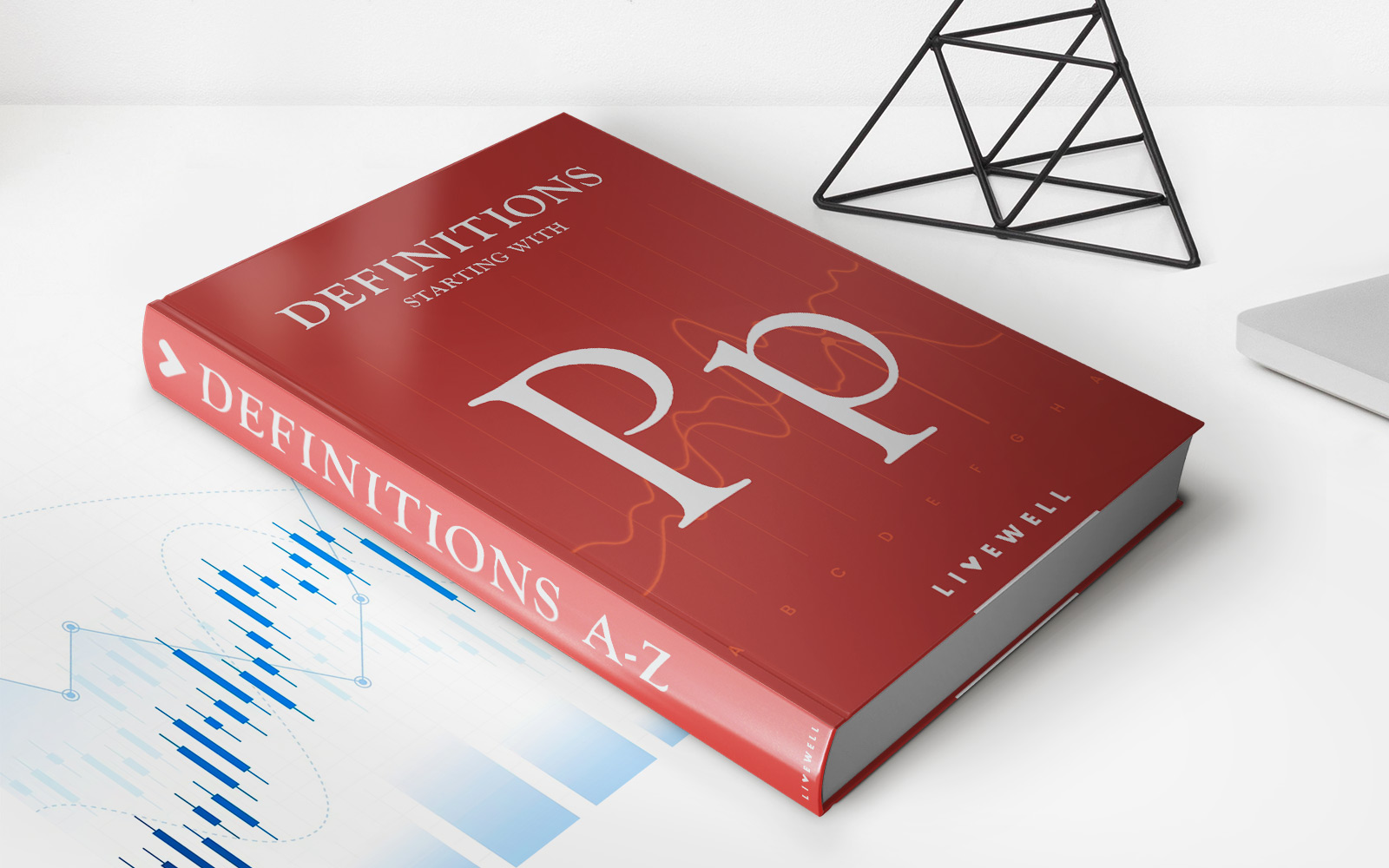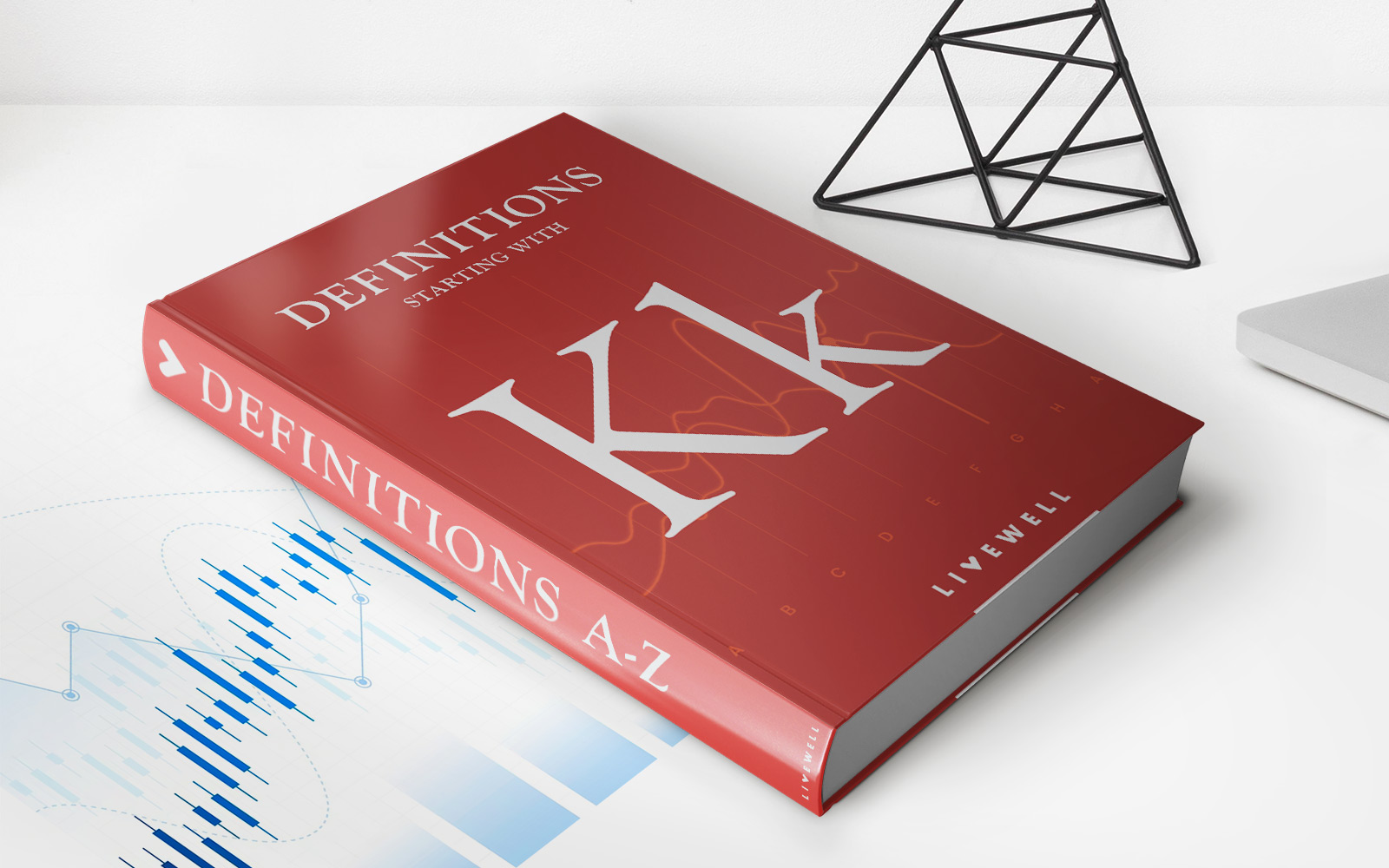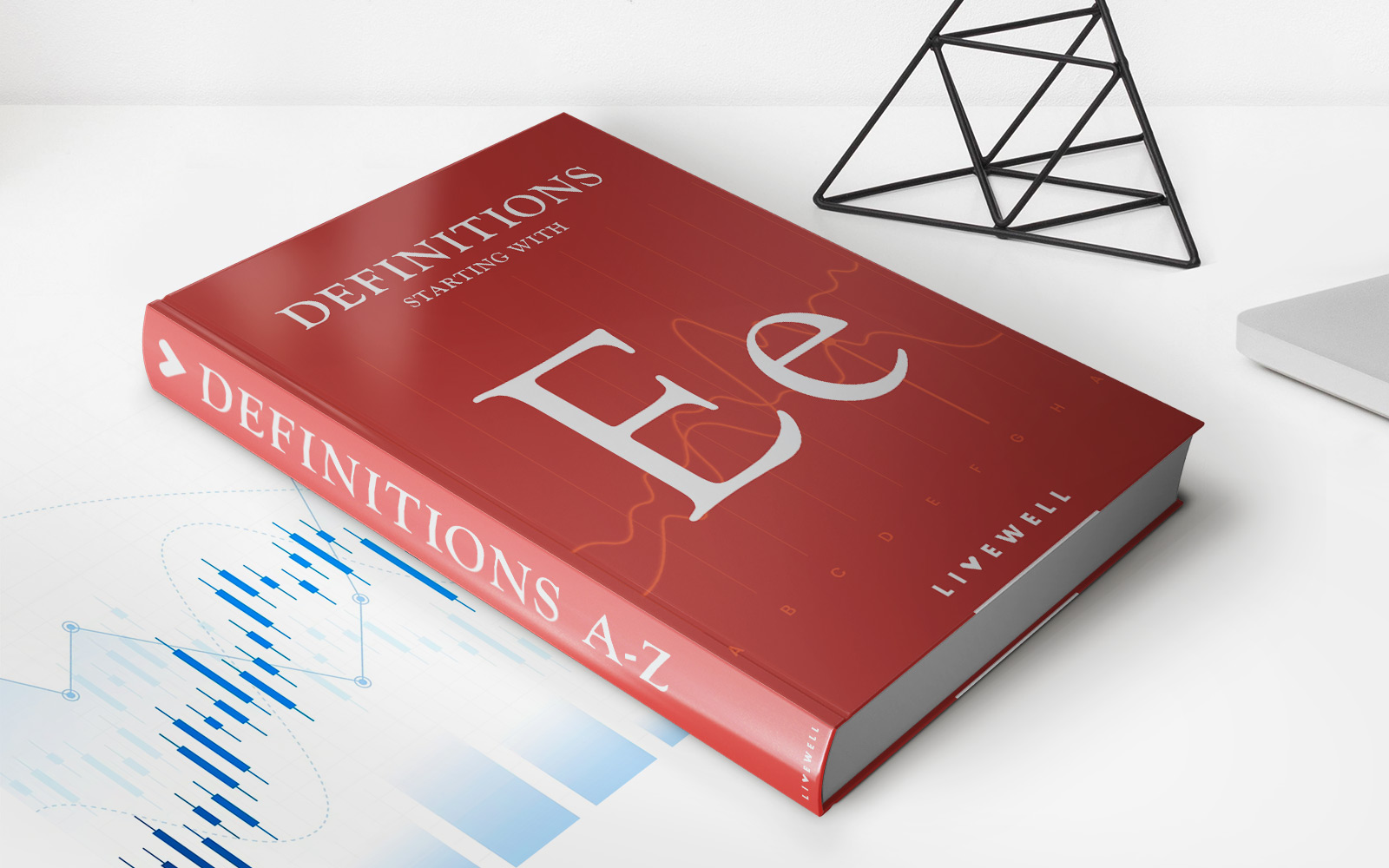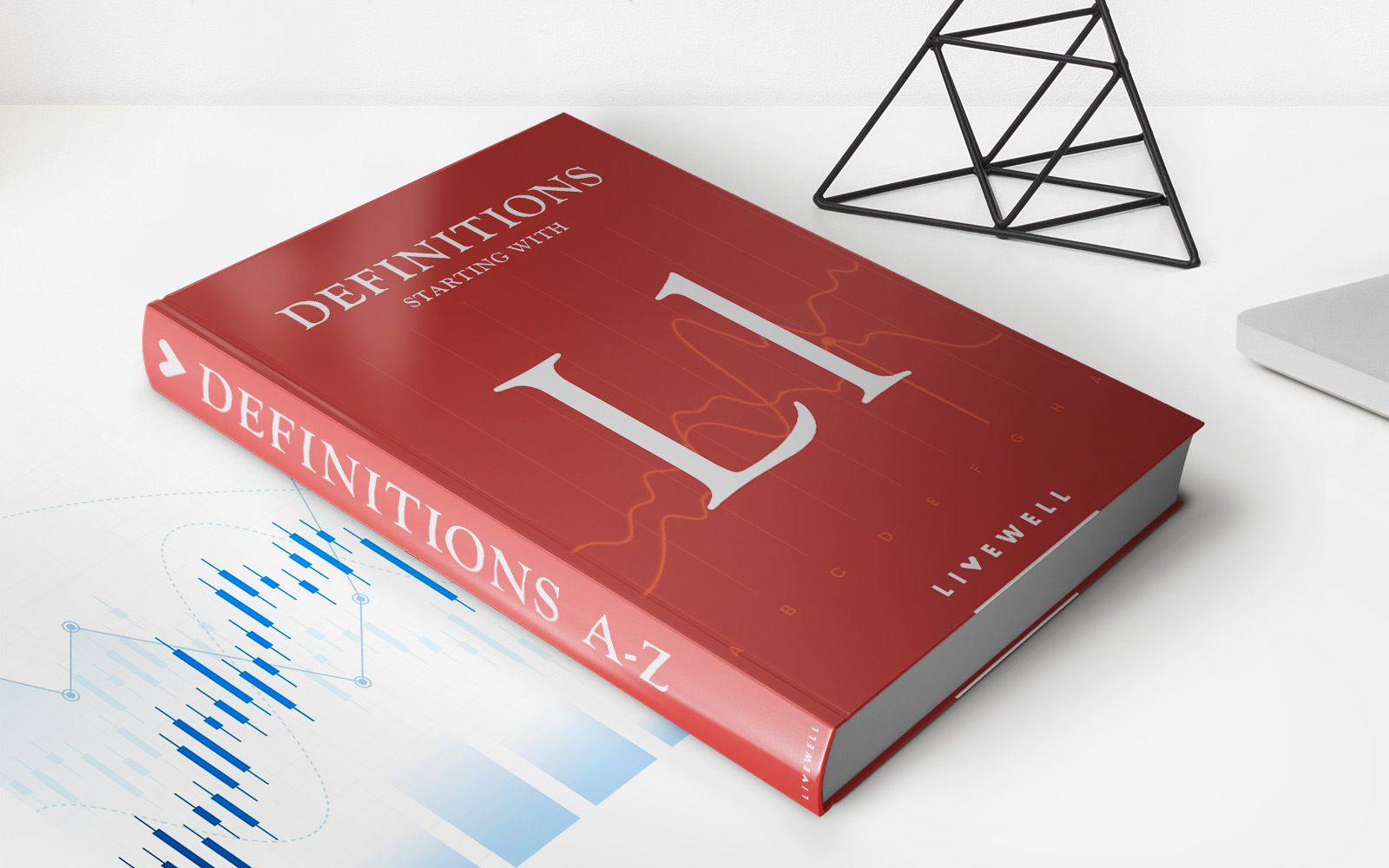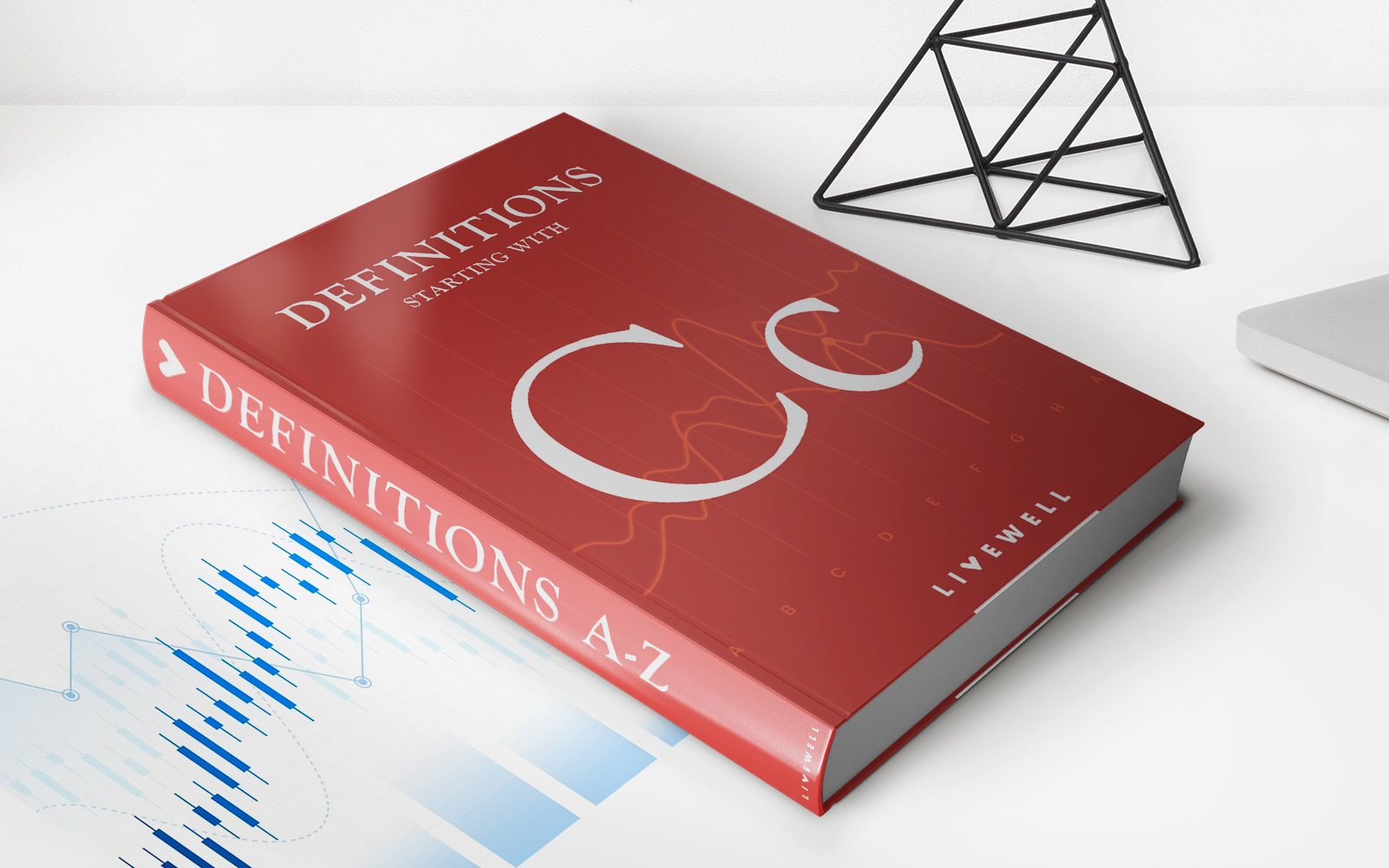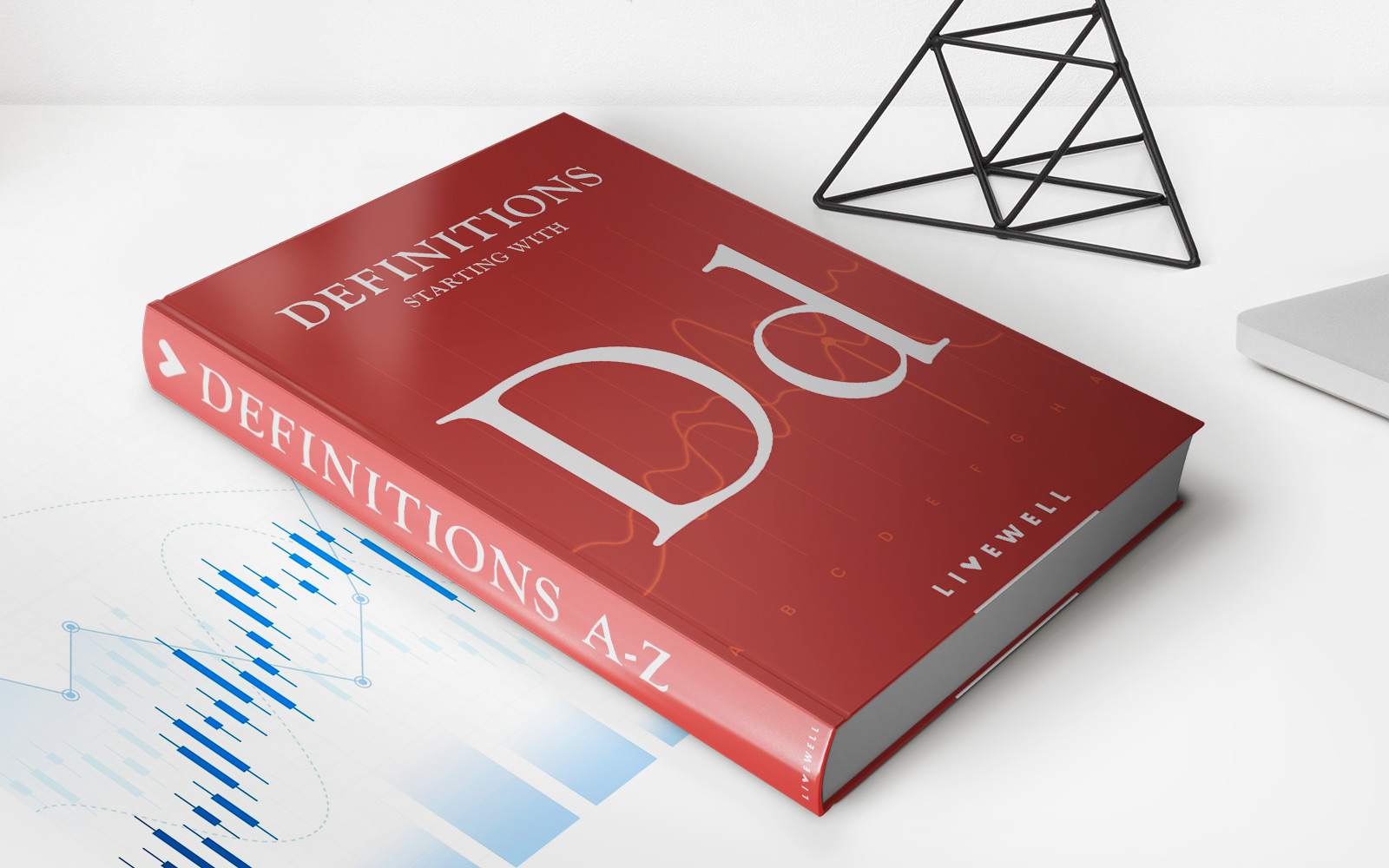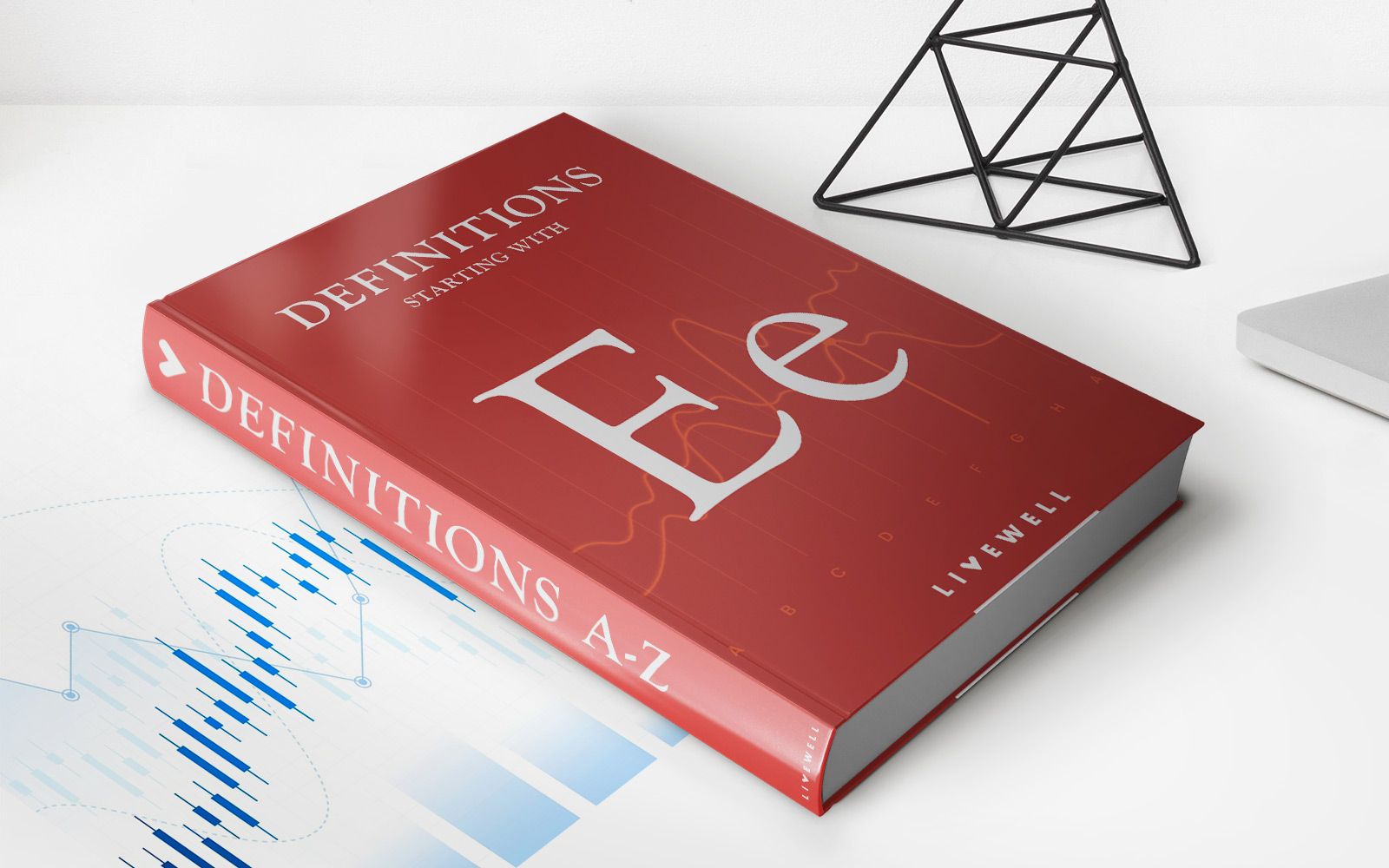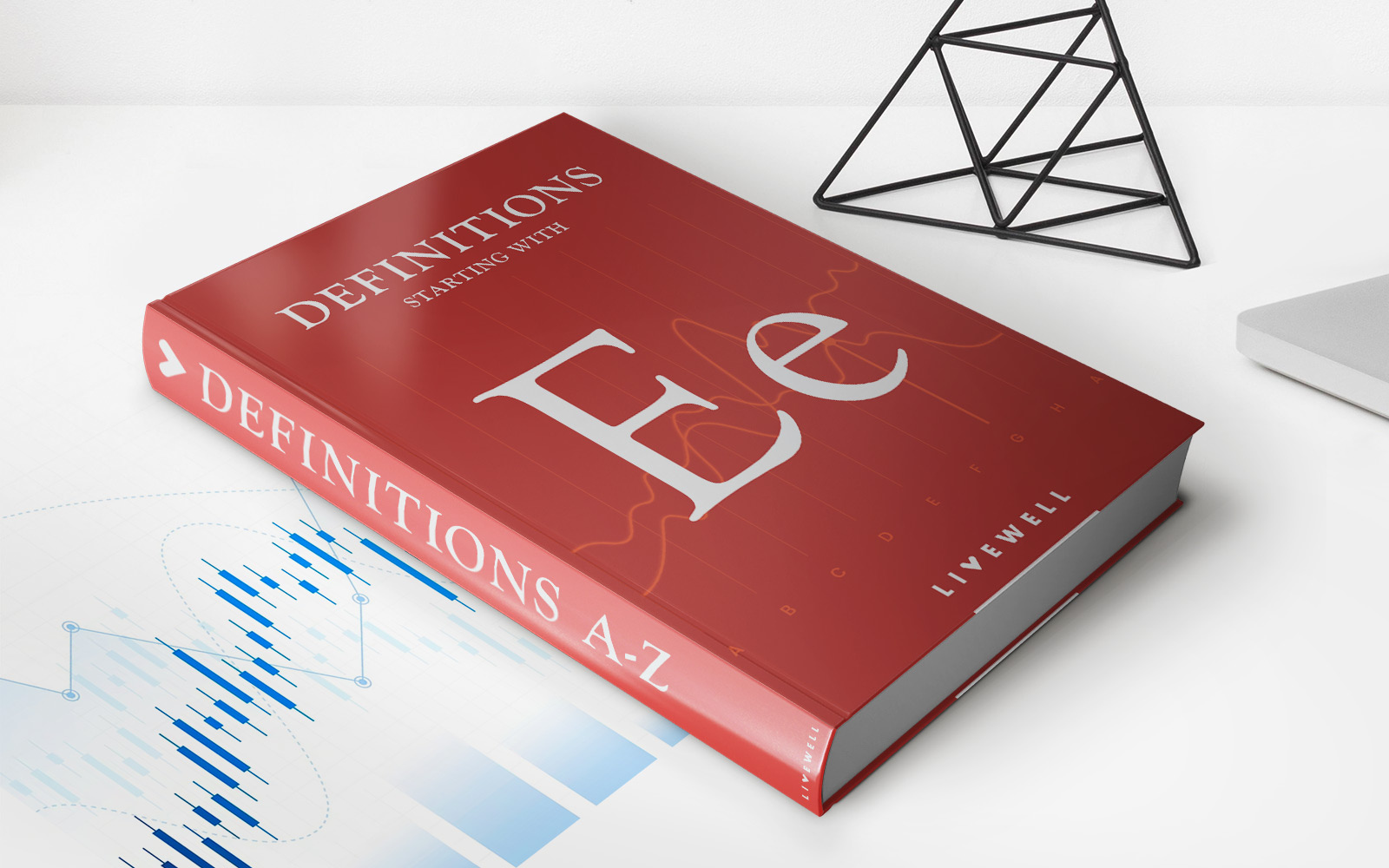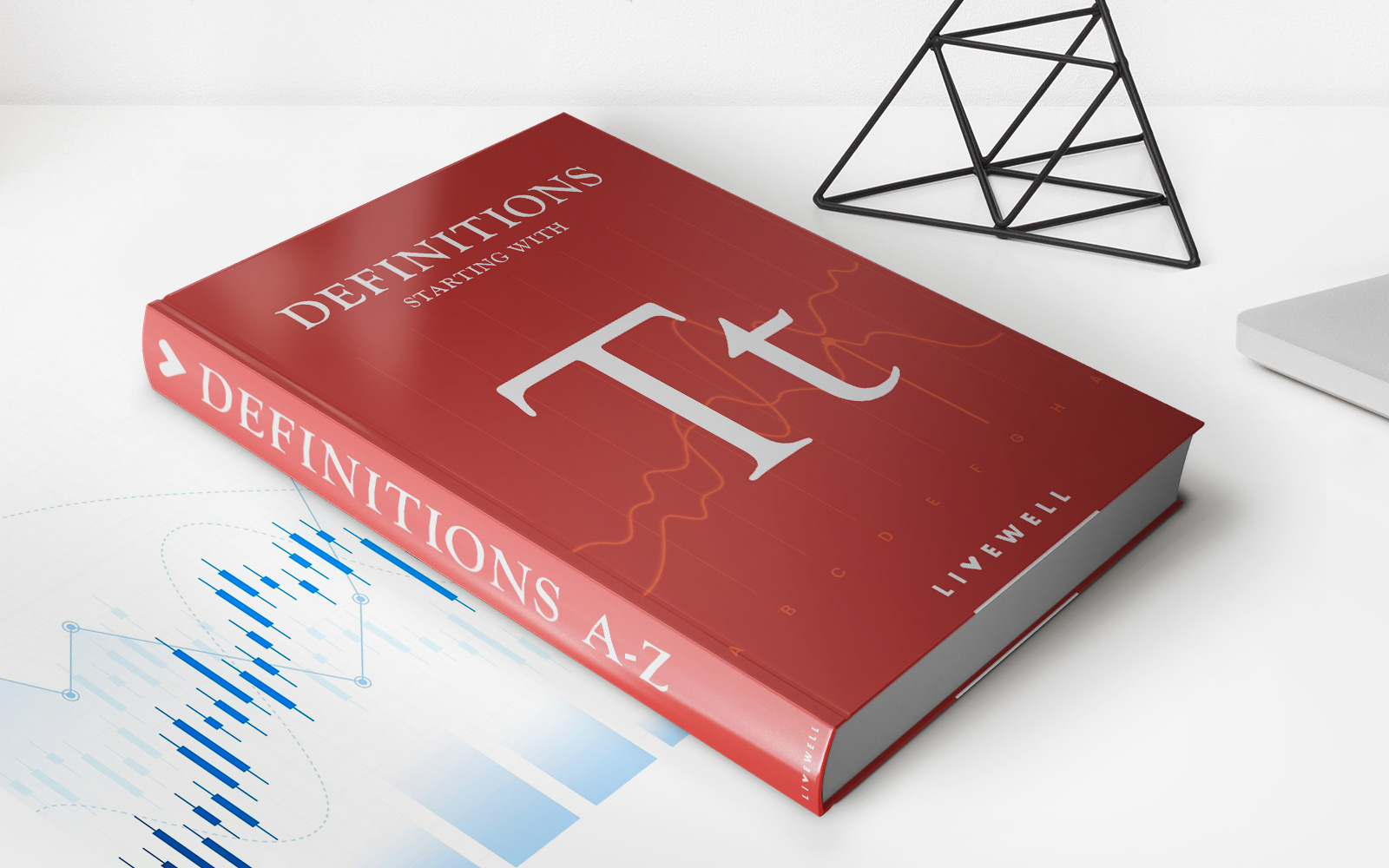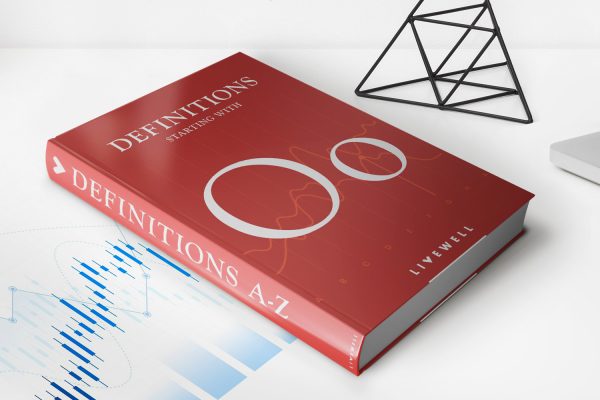Home>Finance>Marxian Economics: Definition, Theories, Vs. Classical Economics
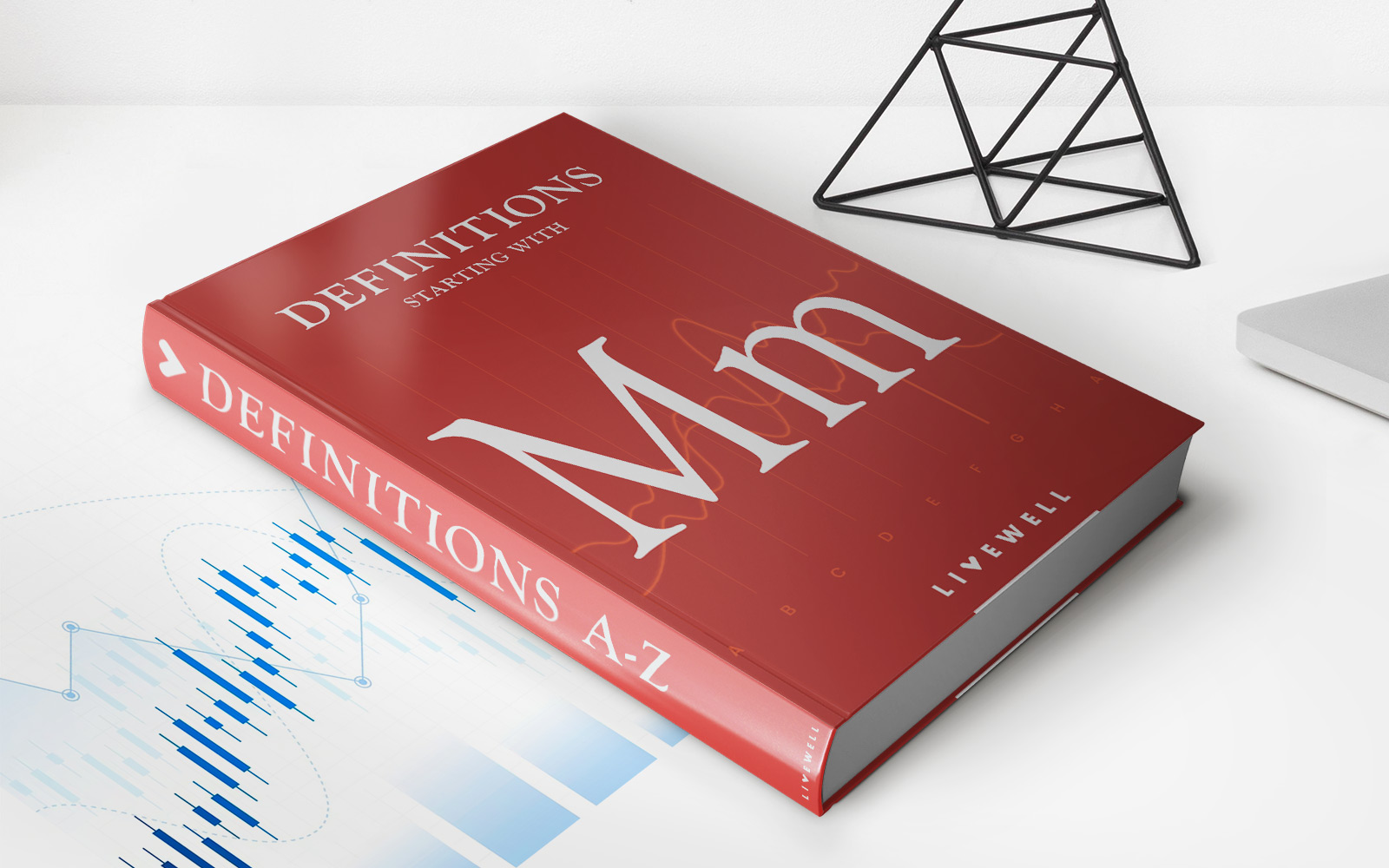

Finance
Marxian Economics: Definition, Theories, Vs. Classical Economics
Published: December 23, 2023
Understand the basics of Marxian economics, including its definition, theories, and how it differs from classical economics in the realm of finance.
(Many of the links in this article redirect to a specific reviewed product. Your purchase of these products through affiliate links helps to generate commission for LiveWell, at no extra cost. Learn more)
Marxian Economics: Definition, Theories, Vs. Classical Economics
Welcome to the category of Finance on our website! Today, we delve into the fascinating world of Marxian Economics. Have you ever wondered about the differences between Marxian Economics and Classical Economics? Or perhaps you want to gain a deeper understanding of the theories behind Marxian Economics? Well, you’re in the right place! In this blog post, we will explore the definition of Marxian Economics, its key theories, and the distinctions it holds when compared to Classical Economics.
Key Takeaways:
- Marxian Economics focuses on understanding capitalist societies and the exploitation of labor by the bourgeoisie.
- Marxian Economics critiques the idea of the free market and promotes the concept of class struggle.
What is Marxian Economics?
Marxian Economics, also known as Marxist Economics or the Economics of Marx, is based on the economic theories of Karl Marx, the influential German philosopher, economist, and revolutionary socialist. This field of study seeks to understand and analyze capitalist societies by examining the relationship between labor and capital.
One of the central tenets of Marxian Economics is Marxist Theory, which posits that the capitalist system is characterized by the exploitation of the proletariat (working class) by the bourgeoisie (capitalist class). Marx argued that the profits generated in capitalism are a result of the surplus value extracted from the labor of workers. This exploitation is seen as a fundamental aspect of the capitalist mode of production.
In contrast to Classical Economics, which predominantly focuses on the free market and supply and demand, Marxian Economics critiques the idea of a completely free market system. It argues that capitalist societies are inherently unequal and that class struggle is a driving force behind economic and social change.
Key Theories in Marxian Economics:
Marxian Economics encompasses several key theories that aim to explain the dynamics of capitalist societies. Some of these theories include:
- Labor Theory of Value: According to Marx, the value of a commodity is determined by the amount of socially necessary labor required to produce it. He argued that the labor of workers is the source of all value in a capitalist economy.
- Historical Materialism: This theory proposes that economic relations and class struggles shape the course of history. Marx viewed history as a series of socioeconomic stages, with each stage marked by different modes of production.
- Alienation: Marx believed that under capitalism, workers become alienated from the products of their labor, the process of production, their fellow workers, and even themselves. This alienation results from the separation of labor and the control of the means of production by the bourgeoisie.
These theories provide a foundation for understanding the dynamics of capitalist societies from a Marxian perspective and have significant implications for analyzing and critiquing the existing economic order.
Marxian Economics vs. Classical Economics:
While both Marxian Economics and Classical Economics are concerned with the study of capitalism, they differ in their approaches and emphases. Here are some key distinctions:
- Role of Labor: Marxian Economics places a great emphasis on the role of labor as the source of value and wealth in a capitalist system. Classical Economics, on the other hand, focuses more on the forces of supply and demand and the market mechanism.
- Class Struggle: Marxian Economics asserts that class struggle is inherent to capitalist societies, with the exploitation of labor by the bourgeoisie being a central conflict. Classical Economics, in contrast, generally does not delve deep into the concept of class struggle.
- Profit Distribution: Marxian Economics criticizes the distribution of profits in capitalism, arguing that workers do not receive their fair share of the value their labor creates. Classical Economics, on the other hand, does not necessarily challenge the distribution of profits within a free market system.
In conclusion, Marxian Economics provides a unique lens through which we can analyze and critique capitalist societies. By understanding the key theories and differentiating it from Classical Economics, we can gain valuable insights into the complex economic dynamics at play in our world today.
